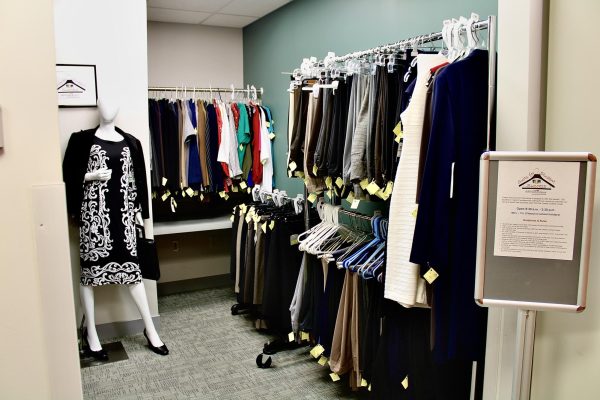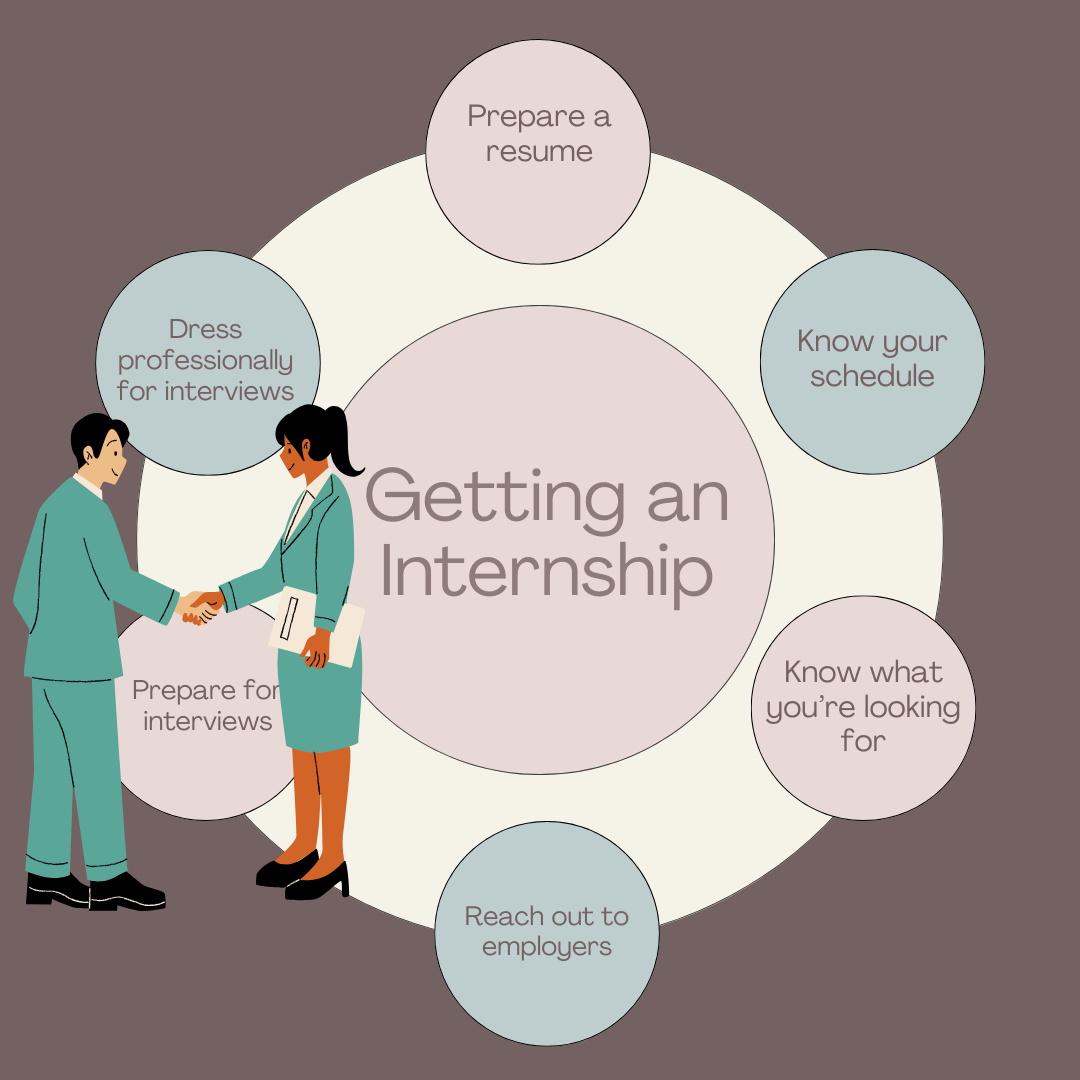Internships can be beneficial for students during and after their college careers, as they help students gain early job experience and verify what field they want to work in.
“Employers like to have people with experience so they have a little knowledge about the field they’re going into, or the company or the office they’re going into,” said Pam Doerter, career coordinator for Career Services and Internships.
Students can earn credit for completing an internship at any time of the school year.
“Internships can be done for academic credit and can be done for one, two or three hours of credit,” Doerter said. “To earn credit, they need to work 150 hours for a three-hour credit. Typically, that’s 10 hours a week during a school year.”
Students can also do internships through their major.
“It’d be like a major elective, or you can do it for what we call the GENS 399, a general elective,” Doerter said.
There are four primary steps in getting an internship.
- Prepare a resume.
Before searching for internship opportunities, students should prepare a resume.
“It’s the number one thing to do,” Doerter said. “Every employer will ask students to send them a resume.”
It is important to properly write and format a resume. Organize it into one page and include your name, contact information, skills, experience, awards and accomplishments.
After writing the resume, have it checked by someone knowledgeable in the internship field, such as someone in the Career Services and Internships office.
- Reach out to employers.
Students should reach out to employers themselves. If you already have the name of someone you would be interested in working for, a suggestion is to call them, explain you are a student in your major and are looking to do an internship and ask if they have anything available.
“After all, when students graduate and job search, they will be doing that on their own,” Doerter said.
Students can utilize LinkedIn as a contact resource.
“If students make a profile on LinkedIn, then they can look for jobs and look for internships,” Doerter said. “Also, employers can look for students to fit their categories that they’re looking for.”
In addition, students can attend the Internship and Career Fair to network and meet employers. These fairs take place twice a year, once in the spring and once in the fall. Over 100 employers come to campus to tell students about their companies and what they have to offer. Students can ask them about internships and job openings related to their major.

Another way to reach out to employers includes connecting with Career Services and Internships.
“There are a lot of employers we’ve worked with,” Doerter said. “We have the employer database that we can go to, so we’re trying to give them the tools and the knowledge of how to go about that. You can also look on our website on the Career Services website through Career Launch, where we have internships listed.”
Another tip for getting an internship is to not rely on common places to search for opportunities and instead look at companies’ websites.
“I hear a lot of students saying, ‘I’ve been looking on Indeed and I can’t find anything,’” Doerter said. “Well, you’re looking at that, and so are many other people. Also, there may not be something there that’s in our area. It’s a platform, but not the only.”
Doerter said another pointer for the internship process is networking.
“Talk to students who’ve done internships, see where they did their internships, see if anybody has a word of advice, talk to everybody, know what you’re looking for and see if they can refer you somewhere,” Doerter said. “Networking is the number one way to get a job or an internship.”
- Prepare for interviews.
Preparation for an interview is essential. Before the interview, students should be aware of what questions could be asked and the company interviewing them.
“Get online, do your homework, know about the company,” Doerter said. “One of the questions you may be asked is ‘What do you know about us?,’ and you don’t want to be stuck not knowing what to say. Know what kind of a company they are and what they do.”
It is recommended that you arrive early for an interview to make sure you are not late.
“You want to be 10 minutes early for an interview,” Doerter said. “To be able to be on time, you may figure out where to park beforehand and how much time it takes you to get to the site or the place you’re going to.”
One interview tip is to go into it with confidence.
“You don’t want to be swiveling in your chair, twisting your hair or snapping your knuckles,” Doerter said. “You want to be nice and composed.”
If you want assistance in interview preparation, Career Services and Internships offers mock interviews and can help you know what questions you might be asked and how you could best answer them.
- Dress professionally for interviews.
Professionalism is key in interviews, and it includes knowing how to dress.
Wear professional clothing, including suits, dress pants, ties, neat button-down shirts, blazers, tidy dresses or skirts, loafers, and heels or flats.
The Career Services and Internships office has Suits for Student Success, a professional clothing closet students can use for interviews and work opportunities.
“One question we get sometimes is ‘Well, the people at that office wear jeans and t-shirts, so can I go that way for an interview?’ and the answer’s no,” Doerter said. “Even though the office may allow that once you’re employed, to go for an interview, you want to be dressed more professionally.”


